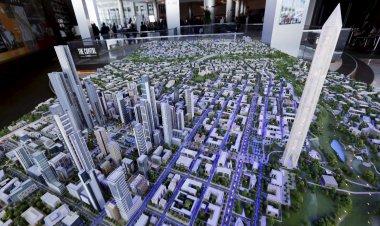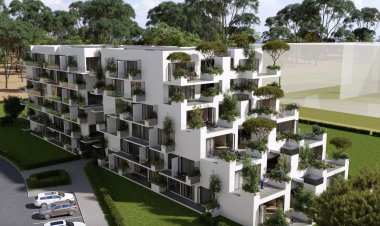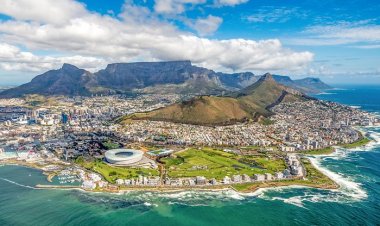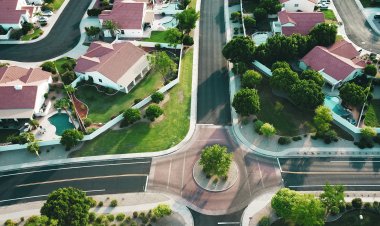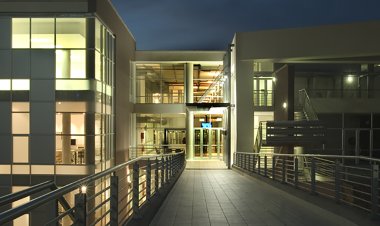Impact of Urbanization on Real Estate Development in African Cities
As urban populations continue to grow, the demand for housing, infrastructure, and amenities will only increase, presenting both challenges and opportunities for real estate developers.
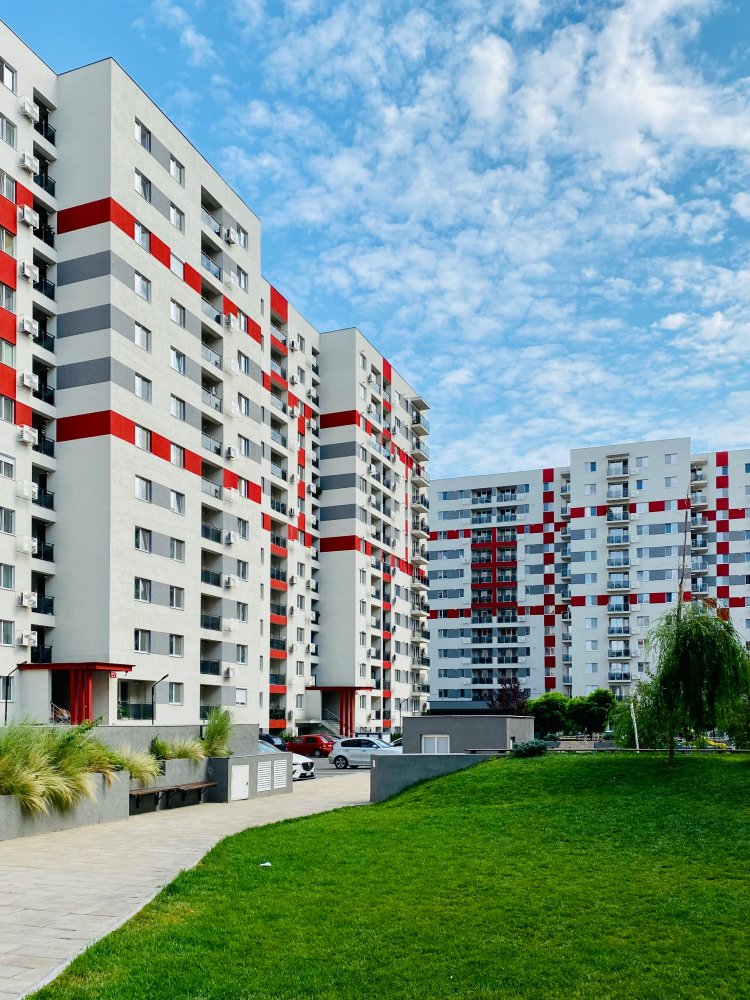
Urbanization is a global phenomenon that has been rapidly transforming the landscape of cities around the world, including those in Africa. As more people migrate from rural areas to urban centers in search of better opportunities, the demand for housing and infrastructure in African cities has been on the rise. This influx of population has had a significant impact on real estate development in these cities, shaping the way in which urban spaces are planned, designed, and utilized.
One of the key impacts of urbanization on real estate development in African cities is the increasing demand for housing. As urban populations continue to grow, the need for affordable and sustainable housing options has become more pressing. This has led to a surge in construction activity, with developers racing to meet the housing needs of the expanding urban population. However, the rapid pace of urbanization has also posed challenges in terms of land availability, infrastructure development, and environmental sustainability.
Listen to the latest episode of the African Real Estate Podcast here: https://spotifyanchor-web.app.link/e/JhXC6KFViIb
In many African cities, the rapid pace of urbanization has outstripped the capacity of existing infrastructure to support the growing population. This has resulted in overcrowding, traffic congestion, and inadequate access to basic services such as water, sanitation, and electricity. As a result, real estate developers are faced with the challenge of not only building new housing units but also ensuring that these developments are supported by adequate infrastructure to meet the needs of residents.
The impact of urbanization on real estate development in African cities is also evident in the changing nature of urban spaces. As cities become more densely populated, there is a growing trend towards mixed-use developments that combine residential, commercial, and recreational spaces in a single location. This trend reflects the need for more efficient land use and the desire for vibrant, walkable neighborhoods that offer a range of amenities and services within easy reach.
Another key impact of urbanization on real estate development in African cities is the growing importance of sustainability and environmental considerations. As cities grapple with the challenges of climate change, pollution, and resource scarcity, there is a growing awareness of the need to design and build more sustainable and resilient urban environments. Real estate developers are increasingly incorporating green building practices, energy-efficient technologies, and sustainable design principles into their projects to minimize their environmental impact and enhance the quality of life for residents.
In conclusion, the impact of urbanization on real estate development in African cities is profound and multifaceted. As urban populations continue to grow, the demand for housing, infrastructure, and amenities will only increase, presenting both challenges and opportunities for real estate developers. By embracing sustainable practices, innovative design solutions, and community engagement, developers can help shape the future of African cities in a way that is inclusive, resilient, and environmentally sustainable.
If you have a real estate press release or any other information that you would like featured on the African Real Estate Blog Post, do reach out to us via email at [email protected]








